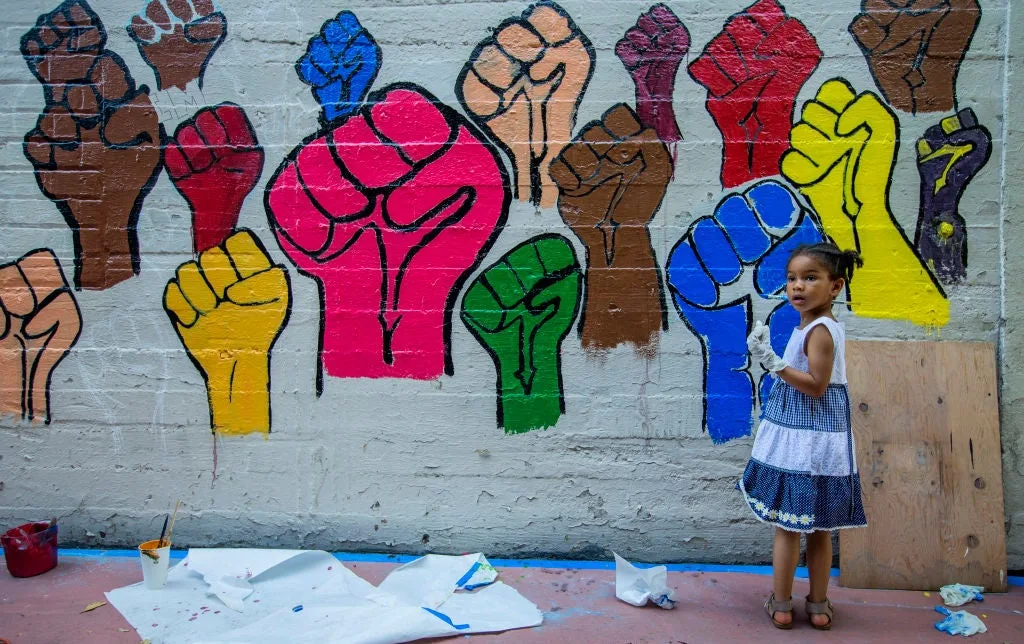
Earlier this month, The Sentencing Project released their latest report, “One in Five: Ending Racial Inequity in Incarceration.” This report is the first in what will be a series of four, “examining racial inequities in America’s criminal legal system.”
The report discussed how for Black men, the likelihood of being imprisoned has decreased. In 1981, there was a one in three likelihood for a Black man to be imprisoned. And now, imprisonment for Black men is now 1 in 5. However, they are still four times as likely than white men to be in prison.
For Black women the numbers are lower than that of Black men, but still concerning. We are still 1.6 times more likely to be in prison than white women.
In addition, these statistics also do not account for variances in different states. For instance, an earlier report from the organization says “New Jersey has the worst racial disparities in prisons in the country, with a Black adult here 12 times more likely to be incarcerated than a white adult.”
Other findings corroborate what many of us already know and suspect. For instance, the report substantiates that “driving while Black” is a real phenomenon that disproportionately impacts Black drivers. In addition, while both “Black and white Americans use illicit drugs at roughly similar rates,” Blacks are more likely to be arrested.
But while the findings from this first report do indicate some positive trends, it also highlights areas of future concern. Even though the trends are moving in a positive direction, legislative backlash is threatening to reverse criminal justice reforms that have contributed to the decreasing numbers.
Report author Nazgol Ghandnoosh, who is co-director of research with The Sentencing Project told ESSENCE, “While it’s positive news that the number of Black men likely to experience imprisonment within their lifetime has decreased from one in three for those born in 1981 to one in five for those born in 2001, the U.S. is still fully in an era of mass incarceration and pushback from policymakers is a real threat to further progress.”
“We have seen backlash to the advancement we’ve made on criminal justice reform — such as a Congressional proposal to expand mandatory minimum sentences for certain federal drug offenses and a Congressional resolution overturning Washington, DC’s criminal code overhaul — without objection from the Democratic president who campaigned on cutting incarceration by half. That is very concerning,” Ghandnoosh continued.
The sequel to this report is expected to be released in December of this year, and will concentrate on “[t]hree key drivers of disparity from within the criminal legal system addressed by promising reforms from dozens of jurisdictions around the country.”
The anticipated release date for the subsequent report is at the top of next year in January and will focus on “[c]riminal legal policies that jeopardize public safety by exacerbating socioeconomic inequalities and the reforms that correct this final source of injustice.”

